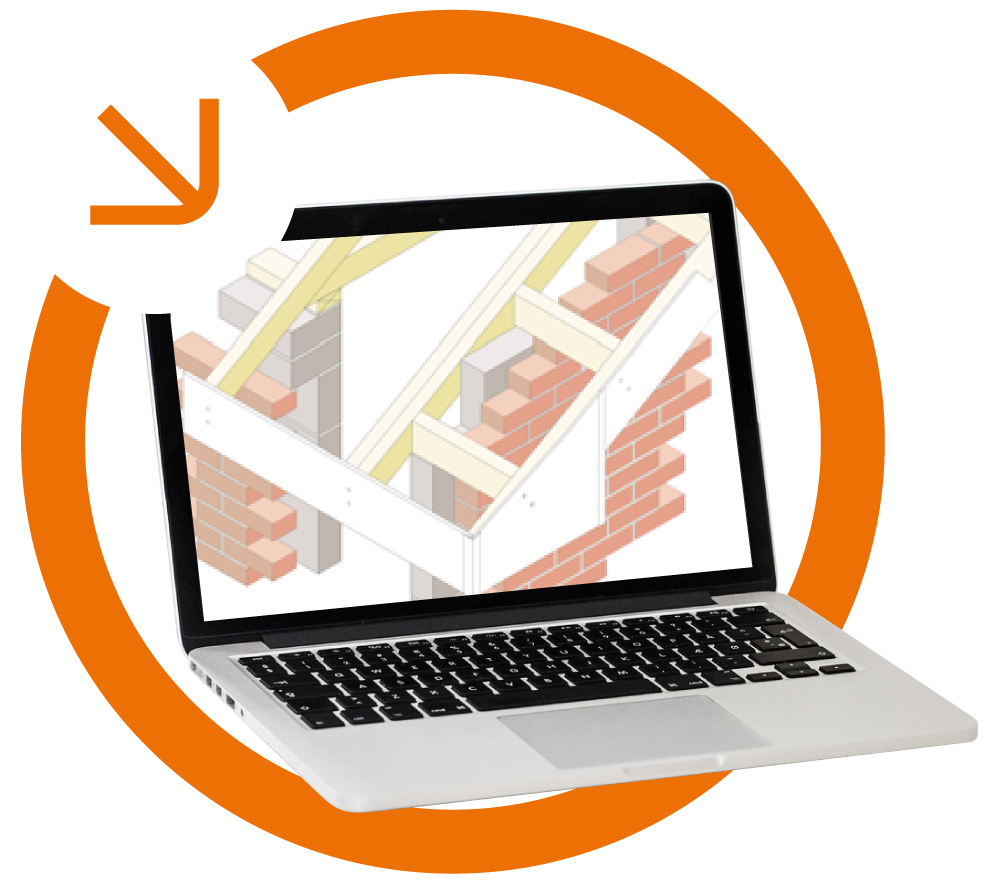- Sustainable
- Technical Expertise
- Operational Excellence
- Trusted Products
- Pride in Customer Support
Home » Environmental Information

Environmental Information & Sustainbility
Environmental impact is a critical business driver, and every stage of the supply chain has a part to play – whether you are an architect specifying a product, a paint manufacturer reducing lead content or, like us, a manufacturer of materials in UPVC.
As a business we are committed to the care of the environment and prevention of pollution.
Kestrel ensures that all its activities conform with environmental legislation, guidance issued by relevant trade associations and specific local or site requirements laid down by North Lincolnshire County Council or the Environment Agency.
Q&A
Kestrel seeks to minimise waste, promote recycling, reduce energy consumption, reduce harmful emissions and, where possible, work with suppliers with sound environmental policies. An essential feature of Kestrel’s environmental management system is a commitment to continually improve environmental performance. The environmental management system meets the requirements of BS EN ISO 14001:2004 and Kestrel regularly monitors and reviews environmental improvement objectives and targets. Those objectives and targets are shared throughout the organisation to ensure that all staff are committed to their achievement. Further details about Kestrel’s environmental management policy is available on request.
As a building material, UPVC also has positive environmental credentials, both in its manufacture, through-life performance and in its post life recyclability. UPVC is 100% recyclable due to its advanced mechanical recycling properties. Treated and rotted timber on the other hand cannot be recycled, so must be sent to landfill where it degrades and eventually gives up its ‘carbon store’. Additionally, treated timber is classified as hazardous waste, because of the chemical content of the preservatives used, it therefore requires special handling and disposal.
PVC products are inert, so once manufacturing is complete, Kestrel products do not generate greenhouse gasses during their product lifetime. By contrast, timber fascias, soffits and cladding, inevitably require maintenance including preservative coatings to avoid degeneration. Along with the financial cost of maintenance, there is an environmental cost, which includes the production and application of paint strippers, heat guns, primers, undercoats, gloss paints, sandpaper, paint brushes and several other accessories. It is also worth noting that further greenhouse gasses are also produced in the transportation of labour and materials to and from site. PVC products also offer a low thermal conductivity making them more energy efficient and their insulation properties surpass that of aluminium and timber.
Kestrel constantly reviews its manufacturing processes to identify and recycle production waste including start-up waste, damages and even sawdust from inline saws. All our UPVC products are 100% recyclable and manufactured to stringent environmental standards under ISO14001, therefore it is rare for any material sent to landfill. We incorporate all recycled material in our new products.
As PVC is 100% recyclable, post-consumer recycling of Kestrel’s roofline and cladding systems is very simple. Once all non-PVC components such as stainless steel nails and screws are removed then Kestrel UPVC products can then be ground and pulverised ready to be re-used, the same way that production waste is recycled. The longevity of our PVC roofline and cladding products means that to date there has not been any significant volume of post-consumer material returned for recycling. Kestrel is part of the Epwin group of companies which owns PVC recycling facilities, therefore plans are already in place to identify and attract this waste stream when it eventually begins to flow.
One of the key benefits of Kestrel products is that they are low maintenance. Once fitted there isn’t the additional, ongoing cost of treating, painting etc, which is a significant benefit, when you consider that the products are often fitted in areas that aren’t easily accessible such as the roofline. Traditional timber cladding and fascia, when used in exposed external applications, need considerable treatment with maintenance every five years, and even with maintenance may not last 30 years. PVC, in contrast, has a life in the region of at least 35 years. Furthermore, and most importantly for the end user, Kestrel products offer a low maintenance solution which is 100% waterproof and requires no costly re-painting. Kestrel’s range of products imitates timber offering a woodgrain effect.
Technical Downloads & Support
We offer a large range of useful technical downloads and product brochures to support you with your construction projects. Which include everything from our installation guides to environmental policies and our BBA certifications. If you are looking for support of any kind please head over to our technical downloads section or for further advice and more practical assistance contact info@kestrelbp.co.uk or call 01724 400454 to speak to a member of our specification team.



